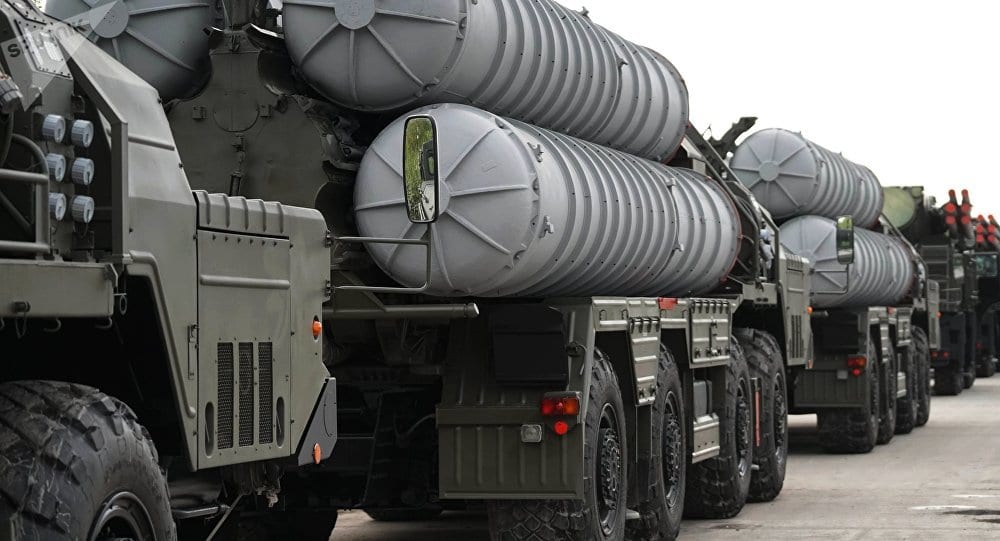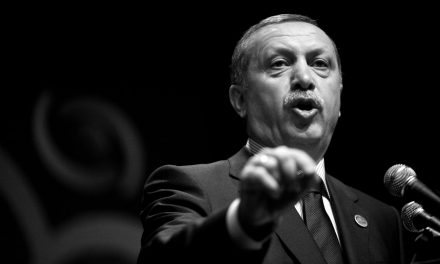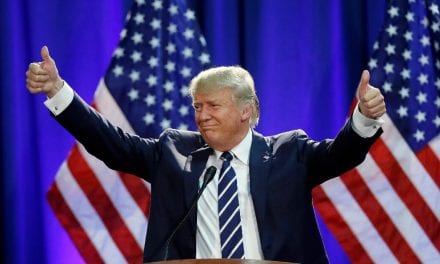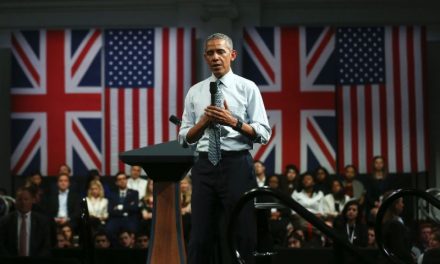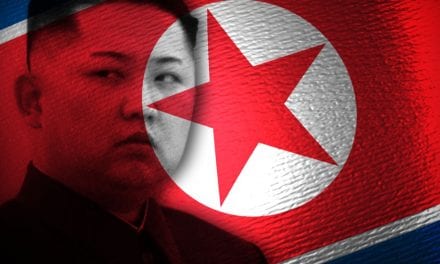By SERKAN DEMİRTAŞ, Hurriyet Daily news
A letter penned by Acting Secretary of Defense Patrick Shanahan to his Turkish counterpart, Hulusi Akar, on the consequences of Turkey’s plans to purchase Russian S-400 air defense systems signals that ongoing crisis between the two allies has taken a new turn.
The leaked letter informs the Turkish government that its participation in the F-35 aircraft project will end by July 31 if Turkey does not cancel the delivery of Russian weapons. No new training will begin for Turkish pilots and those who are currently associated with the F-35 program in the United States will have to depart by July 31.
Turkey’s participation in the production chain of the aircraft will also be suspended, and its current work share will be transitioned to alternate sources, according to information provided by senior U.S. officials.
But Shanahan’s letter openly threatens that more sanctions are to follow. The sanctions under the CAATSA (Countering America’s Adversaries Through Sanctions Act) will almost automatically be imposed as there is a strong bipartisan commitment in Congress, as stated by Shanahan.
Turkish strategic and economic overdependence on Russia seems to be inevitable in the eyes of the acting U.S. secretary of defense who went further by suggesting that Turkey’s purchase of S-400s would also hinder its ability to enhance and maintain cooperation with the United States and within NATO.
U.S. officials have long been urging that the deployment of S-400s would also create problems at the NATO headquarters, but Shanahan’s reference to NATO in a publicly leaked official document makes a first.
His letter did not elaborate on this aspect of the disagreement but a senior Pentagon official, Acting Deputy Assistant Secretary of Defense for European and NATO Policy Andrew Winternitz has recalled a 2016 NATO summit declaration.
Noting their desire to continue a strategic partnership and cooperation at NATO with Turkey, the official has described the Turkish plans to acquire Russian weapons as “an aberration.”
“We do believe that this purchase is actually incompatible with commitments that Turkeymade at NATO, especially at the 2016 — the summit declaration from 2016, which called for spinning down, you know, equipment from Russia and not any new purchases as well,” Winternitz explained.
Having said all this, Pentagon officials expressed their intention to separate the F-35 issue from other NATO matters and to continue the partnership in other military-to-military issues.
The Turkish take on the letter was displaying an effort to underrate it. A statement by the Defense Ministry has confirmed its receipt of the letter from Shanahan but without disclosing its content. “Covering defense and security issues between the two countries, the letter expresses the expectation of finding a solution to the existing problems within the framework of strategic partnership and maintaining the comprehensive security cooperation and emphasizes the importance of continuing negotiations,” the ministry said.
There were no immediate statements from Turkish officials on the letter in line with their efforts not to further escalate the tension.
One of the questions is to what extent U.S. President Donald Trump was informed of this decision. Another senior Pentagon official, Under Secretary of Defense for Acquisition and Sustainment Ellen M. Lord, informed the U.S. media that they “continue to work very closely with the National Security Council … and all of government. So there are very open lines of communication.”
Thus, she has hinted that this decision was reflecting a joint position by the entire Trump administration.
The U.S. move over the F-35 program openly shows how serious Washington is in taking measures against Turkey’s plans to deploy S-400s. The question is how Turkey will handle this messy situation.
There are around two weeks before President Recep Tayyip Erdoğan is scheduled to meet President Trump in Japan on the sidelines of a G20 summit, which will come only a few days after the Istanbul rerun elections.
The meeting between the two leaders will show whether Turkey’s strategy to place its hopes on Trump will work or fail.

